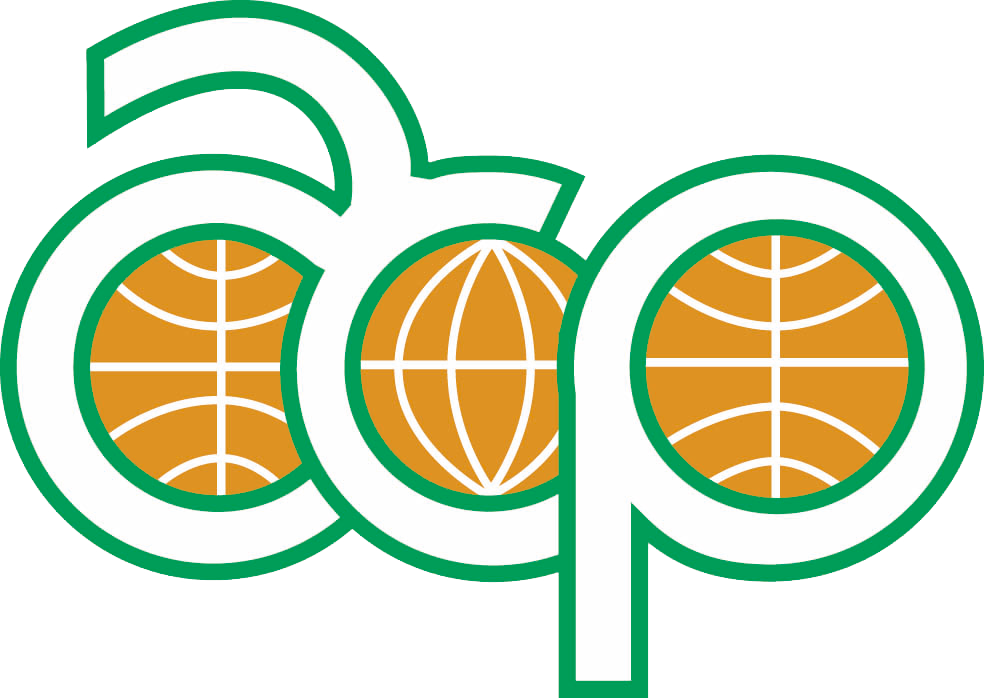FIT FOR MARKET+

Mitigating the impacts of the Covid-19 pandemic by strengthening the sustainability of the ACP horticultural sector

2022
START
ACP STATES
COUNTRIES
5 years
DURATION
Fit For Market+ (FFM+) provides support to the horticultural sector in member countries of the Organisation of African, Caribbean and Pacific States (OACPS). It aims to maintain and improve the capacity of smallholders, farmer groups and horticultural MSMEs to access domestic, regional and international markets through the progressive sustainable intensification of the horticultural sector, while adapting to changes in their operating environment due to Covid-19 and climate change.
FFM+ has been designed and will be set up in the continuity of FFM programmes and the results of the COLEAD COVID action plan set up from March 2020. This 5-year, €25 million programme is financed by the European Union and the OACPS.
FFM+ support is tailored to facilitate the transition of ACP horticulture towards more sustainable food systems, addressing the priority areas identified in the Farm to Fork strategy of the European Green Deal.
Fit For Market+ will:
- Strengthen the capacity of smallholders, farmer groups and horticultural MSMEs to access domestic, regional and international markets by complying with regulatory and market requirements in a sustainable framework, while adapting to changes in their operating environment due to Covid-19
- Ensure these stakeholders have the business skills and tools to pursue and improve their operations through enhanced capacity to manage change and facilitated access to finance
- Leverage market opportunities resulting from Covid-19 disruptions, and monitor conditions and requirements for market access and competitiveness
- Enhance the capacity of ACP competent authorities to support the agri-food sector
- Broker technical innovation and research to generate the knowledge, skills and technologies needed to facilitate the transition of ACP horticulture towards more sustainable food systems
- Seek and facilitate the increase of the impact of its activities through partnerships.
Rising to the challenge – an example of activities and success of the Fit For Market programmes.







![FFM+ [LOGO] FFM+ [LOGO]](https://colead.link/wp-content/uploads/2022/02/FFM-LOGO-300x122.png)




